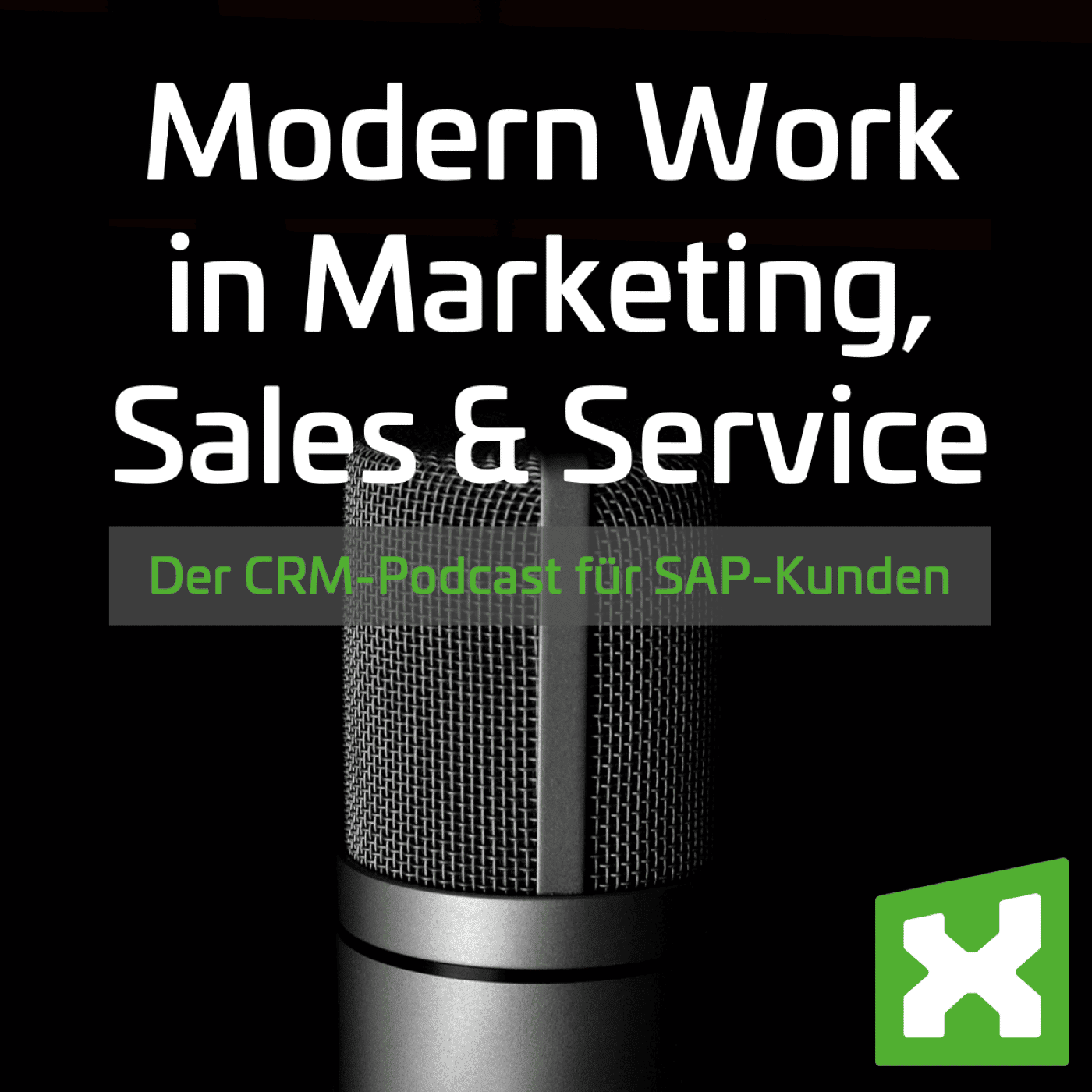Campaign Management in Modern Marketing
The Right Strategy for Effective Campaign Execution
In the ever-changing environment of marketing, campaign management is a central part of a successful marketing strategy. It enables companies to communicate their products and services to the right audience at the right time and in the right place in order to achieve their marketing goals. In this blog post, we’ll explore the essential elements of campaign management that are important for developing and implementing successful campaigns.

What is campaign management?
Campaign management encompasses successful and efficient planning as well as Execution of marketing campaigns and marketing actions. This includes classic Advertising campaigns, e-mail marketing and online marketing measures such as Search engine optimization and much more. Effective campaign management requires a structured use of project management methods such as precise planning, clear objectives, targeted target group targeting and continuous analysis in order to be able to react flexibly to market changes.
When will campaigns be implemented?
Marketing campaigns are always carried out strategically when it comes to effectively delivering targeted messages to the desired target audience and achieving the set marketing goals. Campaign management is used for the following marketing objectives:
5 Steps to Successful Campaign Management
In order to plan and implement campaigns efficiently, there are a few important steps to follow:
- 1
The right goal setting and planning: Clear goals are the cornerstone of campaigns, which are then used to plan and measure the individual marketing measures. In addition, the identification of the target group, the analysis and understanding of their needs as well as the communication of the appropriate message are crucial. The marketing campaigns must be concise and attractively formulated.
- 2
Choosing the right marketing channels: Choosing the right marketing channels is crucial to reach the target audience in the best possible way and to place the company’s marketing efforts in the relevant channels, which has a significant impact on the effectiveness of the marketing strategy.
- 3
Implementation of the campaign: The creation and delivery of content and materials plays a central role in the Role in campaign management. These must be tailored to the specific target group and the chosen marketing channels should be tailored. A personalized Targeting is critical to the effectiveness of a campaign. With the help of a Marketing automation tools can then automatically send content to the right target audience. This not only saves time, but also allows you to precise and timely communication. The use of a marketing automation tool thus supports the entire campaign process from planning to implementation and evaluation.
- 4
Monitoring and optimisation: Marketing measures must be continuously measured in order to be able to react quickly and make optimizations. Without measuring the individual marketing measures, you have no overview of the success of the campaign and therefore cannot make adjustments.
- 5
Success evaluation and analysis: The defined goals of the campaign make it possible to evaluate the success of the campaign performance. The data collected provides valuable insights for future activities. By analysing the campaign results, weaknesses can be identified and improved measures can be developed. In this way, a continuous improvement process is established that ensures the long-term success of campaigns.
The Right Software for Effective Campaign Management
The successful implementation of campaign management requires a clever integration of marketing automation, customer relationship management (CRM) and project management. These solutions provide the foundation for efficient campaign management by coordinating processes and ensuring that budgeting, performance measurement, and task management run smoothly.
Marketing automation enables automated processes for managing marketing campaigns, from lead generation to customer retention. CRM plays a central role in managing customer interactions, contact details, and customer relationships, while project management optimizes and ensures the organizational structure and flow of campaigns.
For customers using SAP ERP or S/4HANA, the integration of SAP into campaign management offers numerous advantages. The use of SAP enables efficient budget planning and management. In addition, customer and contact data from the SAP system can be used for targeted approaches in the campaigns. This increases the personalization and relevance of the campaigns, which in turn increases the chances of success.
Overall, the integration and coordination of these solutions plays a critical role in ensuring that each campaign runs seamlessly, resources are used optimally, and campaign goals are met. The use of these software solutions is a key factor for efficient and effective campaign management.
Result
Campaign management is the foundation of successful marketing efforts, as it enables companies to execute targeted marketing campaigns while effectively realizing their marketing goals. Clear objectives, coupled with a strategically coordinated selection of marketing channels, are crucial to designing and executing campaigns effectively. Continuous optimization and fine-tuning to the needs of the target group are essential to build long-term customer relationships.
Well thought-out campaign management enables companies to expand their reach in a targeted manner and retain customers in the long term. In a dynamic marketing environment where change and trends occur rapidly, it is crucial to be flexible and adapt campaigns accordingly. Through this strategic adaptability, companies can consolidate their success in the long term. Thus, campaign management forms a central pillar for the sustainable success and competitiveness of companies in today’s marketing environment.


